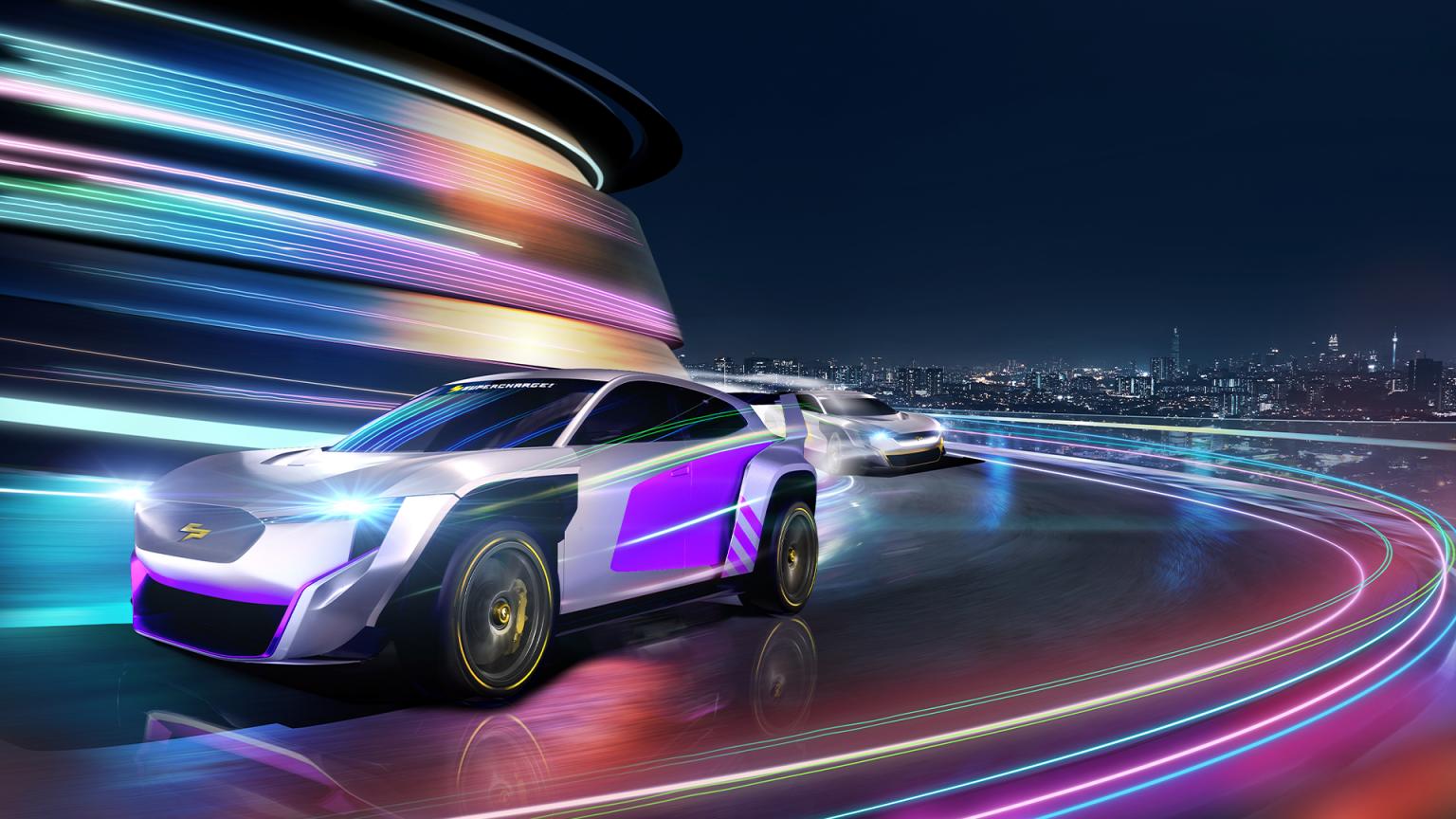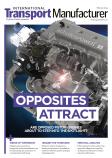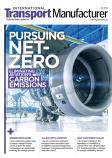
Motorsport needs to adapt to stay relevant. As climate concerns grow, the traditional business model is looking less and less attractive to sponsors seeking to prove their environmental credentials.
However, plans are afoot for far greener thrills. For road racing, a new format is on the horizon: SuperCharge. Managing Director and co-founder Rob Armstrong said, “Motorsport is at a crossroads. Alejandro Agag and Jean Todt have done a great job pioneering electric motorsport. With many countries and cities already announcing plans to ban internal combustion-engine cars in the coming years, the need for road car-based electric motorsport is becoming more and more compelling. We believe it is only a matter of time before there are more electric motorsport series. Given this rapidly increasing EV momentum, we believe the timing and appeal of SuperCharge is ideal and see a clear space for it as the road car-relevant motorsport series.
“We have carefully conceived SuperCharge to take account into these societal changes and to consider the needs of car companies, fans, commercial parties and venues in order to make a truly sustainable and commercially viable new series. SuperCharge takes motorsport into a new and hugely relevant arena and we can’t wait to spark the series into life across the globe.”
The plan is not to race exotic supercars but next-generation electric road cars in the volume and growth part of the markets, like compact SUVs and crossovers, as well as demonstrating the latest battery technologies, all in what the organisers describe as a “fun, informative, festival-style atmosphere.”
As a manufacturer-focused series, it is based on cars recognisable on the outside as electric road cars which the public could buy. Nevertheless, the SuperCharge race cars, codenamed SC01, will offer similar acceleration to a Formula 1 car, they will adopt an electric motor drivetrain on the front axle and one on the rear, generating peak power from the battery of up to 500kW (equivalent to around 670bhp) and performance figures around to 0-100 km/h in 2.5 seconds.
While the vehicles will be recognisable, some body mods will be allowed. Only standard charging systems will be used. Driver aids like launch control and traction control will be banned to ensure competitive racing.
With a planned 2022 start, the inaugural series is targeting eight events taking place in cities from Asia-Pacific, China, Europe, Middle East and USA.
What is the future of rallying?
For off-raid rally fans the Extreme E series is making progress, with former F1 ace Nico Rosberg joining with his own team, Rosberg Xtreme Racing (RXR), planning to make its racing debut next year.
Also of interest is the news that Enel Foundation, which is as a member and coordinator of the Scientific Committee, will advise on Legacy Programmes and help lead the research carried out with the team of scientists across each of the ecosystems in which the series will race, as well as on board the series’ floating centrepiece, the St. Helena.
There’s the global launch tomorrow, click here for more info.











